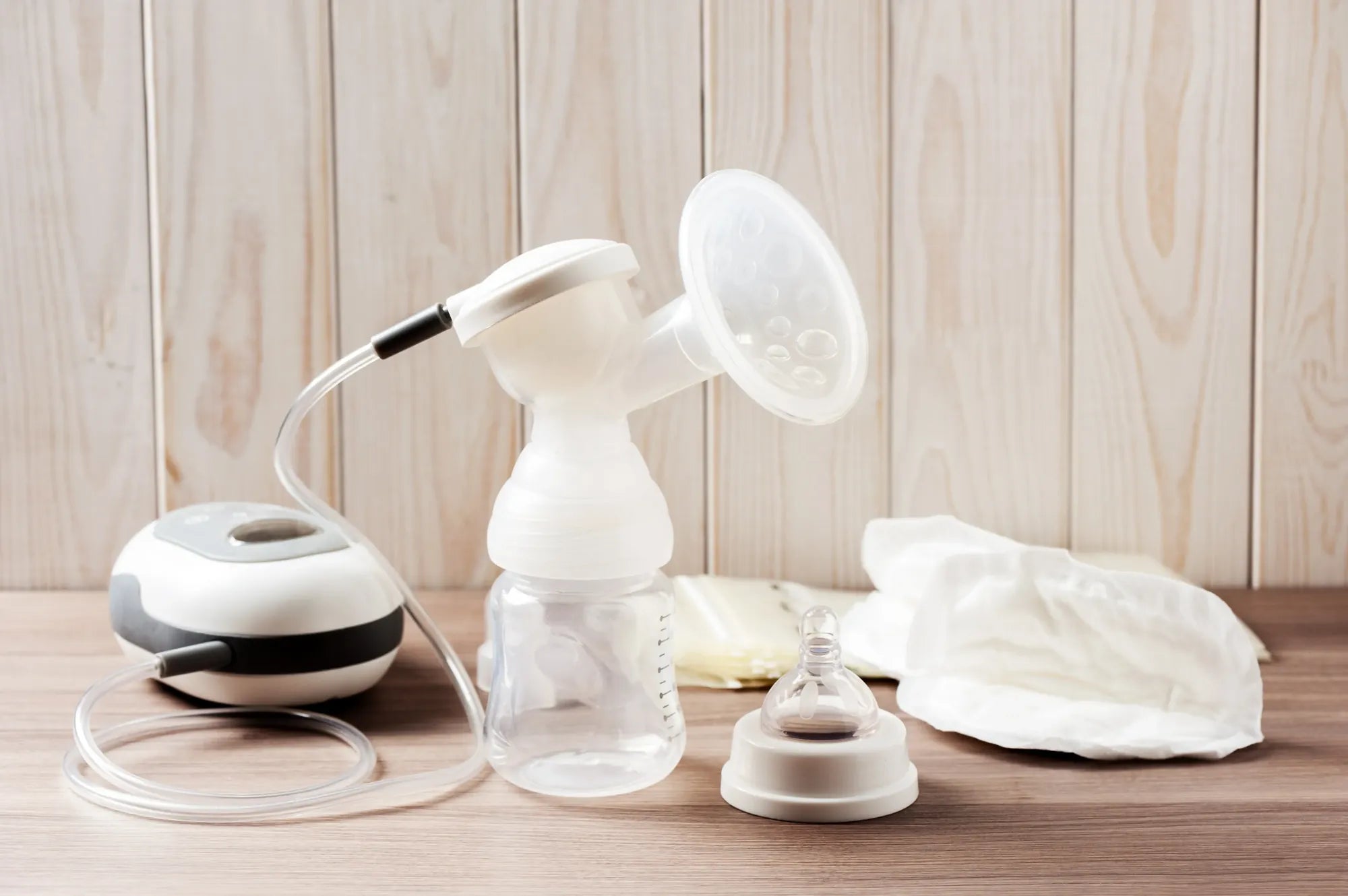Inicio
Pregnancy, Breastfeeding, and Pumping: The Ultimate Guide for Moms
How Long Can Freshly Pumped Breast Milk Last: A Comprehensive Guide

How Long Can Freshly Pumped Breast Milk Last: A Comprehensive Guide
As a new parent, one of the most common questions you might have is, how long can freshly pumped breast milk last? Understanding the proper storage and handling of breast milk is crucial to ensure your baby receives the best nutrition possible. This comprehensive guide will walk you through everything you need to know about the shelf life of freshly pumped breast milk, from storage tips to safety precautions.
Understanding the Basics of Breast Milk Storage
Breast milk is a living substance that contains essential nutrients, antibodies, and enzymes that are vital for your baby's growth and development. However, once it is expressed, it becomes susceptible to bacterial contamination if not stored properly. The key to maintaining the quality of freshly pumped breast milk lies in understanding the factors that affect its shelf life, such as temperature, storage containers, and handling practices.
Room Temperature Storage
Freshly pumped breast milk can be safely stored at room temperature for a limited period. According to experts, breast milk can last for up to 4 hours at room temperature (around 77°F or 25°C). However, if the room is warmer, it is advisable to use the milk within 2 hours to minimize the risk of bacterial growth. Always ensure that the milk is stored in a clean, covered container to protect it from contaminants.
Refrigerator Storage
If you plan to use the breast milk within a few days, storing it in the refrigerator is a great option. Freshly pumped breast milk can last in the fridge for up to 4 days at a temperature of 39°F (4°C) or lower. To maintain its quality, place the milk in the back of the refrigerator where the temperature is most consistent. Avoid storing it in the door, as the temperature fluctuates more frequently in that area.
Freezer Storage
For long-term storage, freezing breast milk is the best option. When stored in a standard freezer at 0°F (-18°C), freshly pumped breast milk can last for up to 6 months. If you have a deep freezer, the milk can be stored for up to 12 months. It is important to use airtight, BPA-free containers or breast milk storage bags specifically designed for freezing. Label each container with the date of expression to ensure you use the oldest milk first.
Thawing and Using Frozen Breast Milk
When you're ready to use frozen breast milk, it's essential to thaw it safely to preserve its nutritional value. The best way to thaw frozen breast milk is by placing it in the refrigerator overnight. If you need it quickly, you can thaw it under cool running water or in a bowl of warm water. Avoid using a microwave to thaw breast milk, as it can create hot spots that may burn your baby's mouth and destroy some of the beneficial components of the milk.
Signs That Breast Milk Has Gone Bad
Even with proper storage, there are instances where breast milk may spoil. It's important to know the signs of spoiled breast milk to ensure your baby's safety. Some common indicators include a sour or rancid smell, a change in color (such as a yellowish or brownish tint), or a clumpy or curdled texture. If you notice any of these signs, it's best to discard the milk immediately.
Tips for Safe Handling of Breast Milk
To maximize the shelf life of freshly pumped breast milk, follow these essential tips:
- Always wash your hands thoroughly before expressing or handling breast milk.
- Use clean, sterilized containers or storage bags specifically designed for breast milk.
- Label each container with the date and time of expression to track its freshness.
- Store breast milk in small portions (2-4 ounces) to minimize waste and ensure quick thawing.
- Never refreeze breast milk once it has been thawed.
Traveling with Breast Milk
If you need to travel with freshly pumped breast milk, proper storage is crucial to maintain its quality. Use an insulated cooler bag with ice packs to keep the milk cold during transit. If you're flying, check the airline's guidelines for carrying breast milk, as most airlines allow you to bring it in your carry-on luggage, even if it exceeds the usual liquid limits.
The Importance of Proper Storage for Your Baby's Health
Proper storage of freshly pumped breast milk is not just about convenience; it's about ensuring your baby receives the best possible nutrition. Breast milk is packed with antibodies, enzymes, and nutrients that support your baby's immune system and overall development. By following the guidelines outlined in this article, you can ensure that your baby benefits from the full nutritional value of your breast milk.
Now that you know how long freshly pumped breast milk can last, you can confidently store and use it to provide the best care for your little one. Whether you're at home or on the go, these tips will help you keep your breast milk safe and nutritious for your baby's needs.
Compartir
